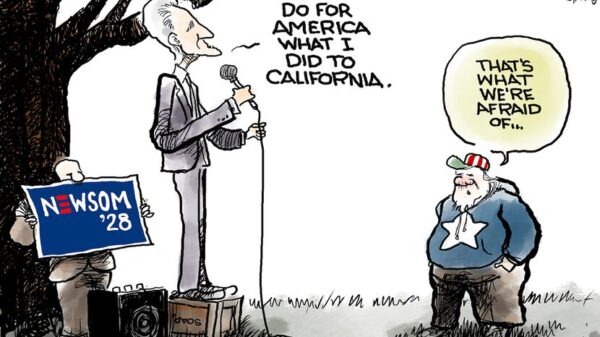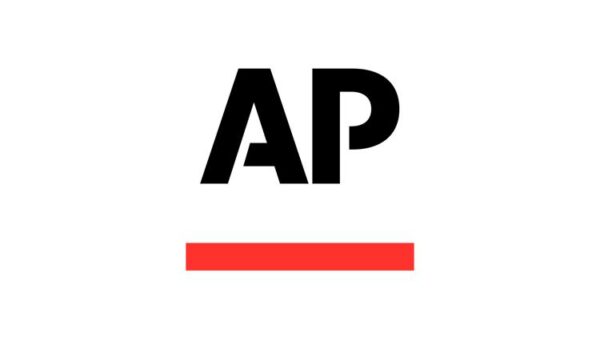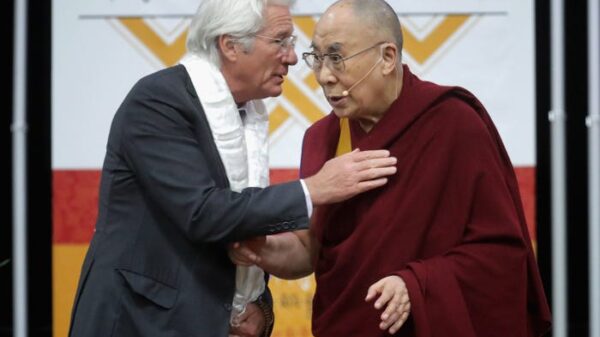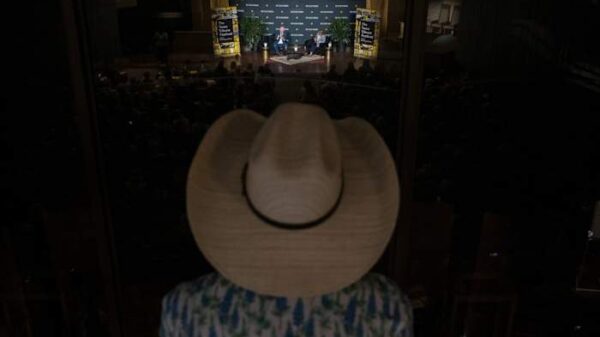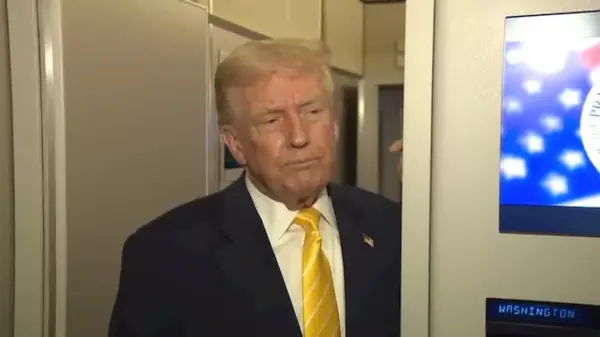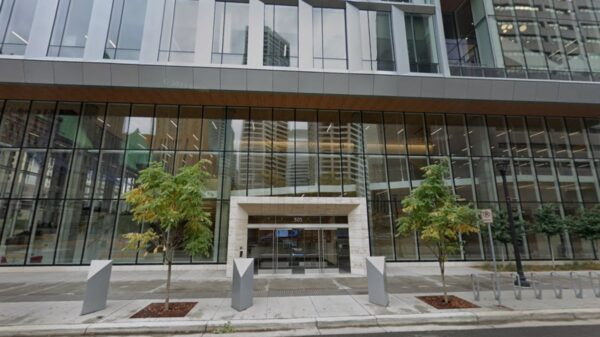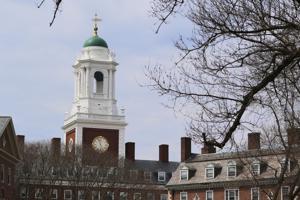Recent discussions surrounding alleged ideological indoctrination in colleges have intensified, with critics claiming that educational institutions prioritize political agendas over academic integrity. The debate gained traction following a letter published in July 2023, where prominent figures asserted that universities are systematically influencing students’ beliefs.
In response to these claims, the American Association of University Professors (AAUP) and other organizations have vehemently defended the integrity of higher education. According to the AAUP, there is no substantial evidence supporting the notion that colleges are indoctrinating students. They argue that the diverse range of ideas and perspectives offered in universities fosters critical thinking rather than promoting a singular ideological viewpoint.
The National Association of Scholars (NAS), which often critiques prevailing academic trends, has also weighed in on the issue. Their assessment indicates that while there are isolated incidents of bias in some educational settings, these do not constitute a widespread pattern of indoctrination. David Randall, NAS’s Director of Research, emphasized that “the presence of diverse opinions is essential for a robust educational environment.”
Claims of Indoctrination Lack Evidence
The controversy has implications for how institutions approach academic freedom and student engagement. Critics of the alleged indoctrination argue that students are increasingly exposed to a limited range of viewpoints. They often cite examples from specific universities, such as the University of Colorado Boulder, where course content has been scrutinized for perceived bias. Nonetheless, the AAUP maintains that academic courses should reflect a variety of perspectives to encourage informed debate.
Furthermore, the U.S. Department of Education has stated that concerns over indoctrination should not detract from the necessity of academic rigor and independence. The department encourages institutions to uphold standards that foster an environment conducive to learning, free from coercion or bias.
Proponents of broader educational perspectives highlight the importance of preparing students for a multifaceted world. They argue that exposure to differing opinions is vital in developing well-rounded individuals capable of critical thought. In a statement, Michael Roth, President of Wesleyan University, underscored this viewpoint by saying, “Education should challenge students to think, question, and engage with the world.”
As the 2023-2024 academic year approaches, the debate surrounding the role of ideology in education remains a contentious issue. Institutions are encouraged to reflect on their teaching methodologies and ensure that they promote an open discourse that includes a spectrum of viewpoints. The ongoing dialogue may shape educational policies and practices moving forward as stakeholders seek to balance academic freedom with the need for an inclusive learning environment.
In light of these discussions, it is essential for educational institutions to remain vigilant in maintaining their commitment to academic integrity while addressing concerns raised by critics. The future of higher education will likely depend on how effectively universities can navigate these challenges and foster an environment where diverse ideas can coexist.




